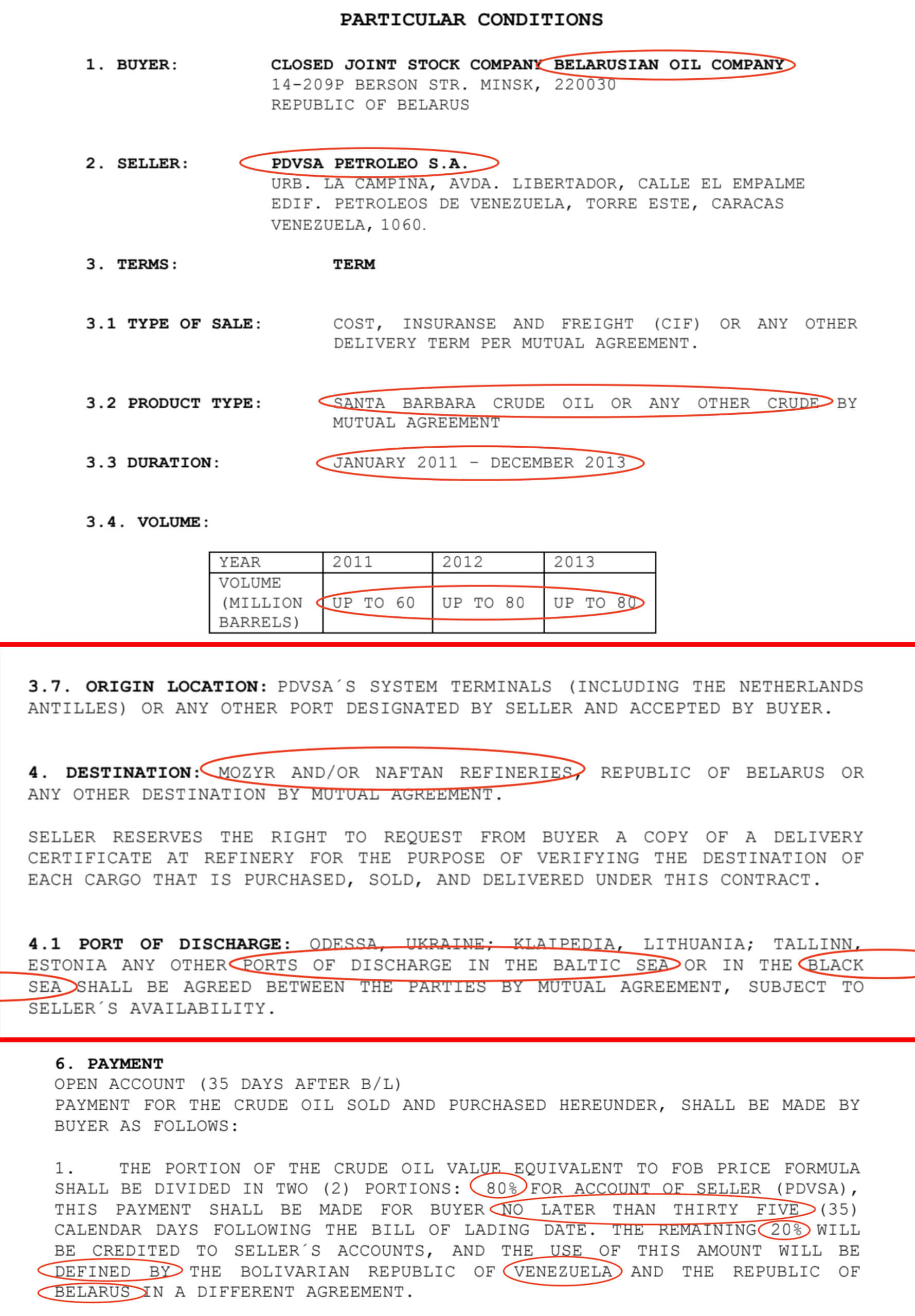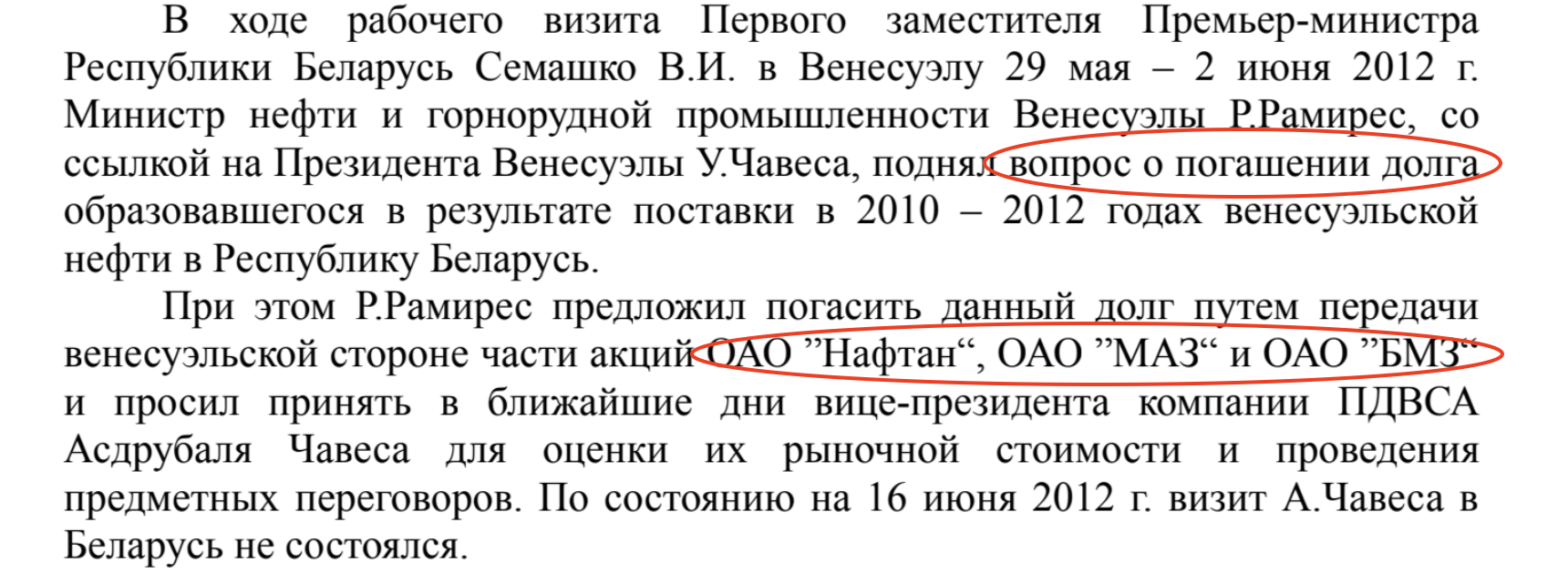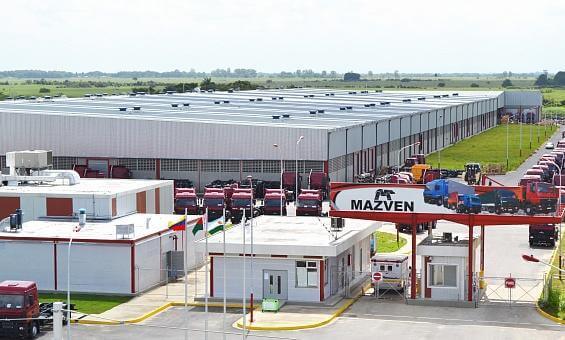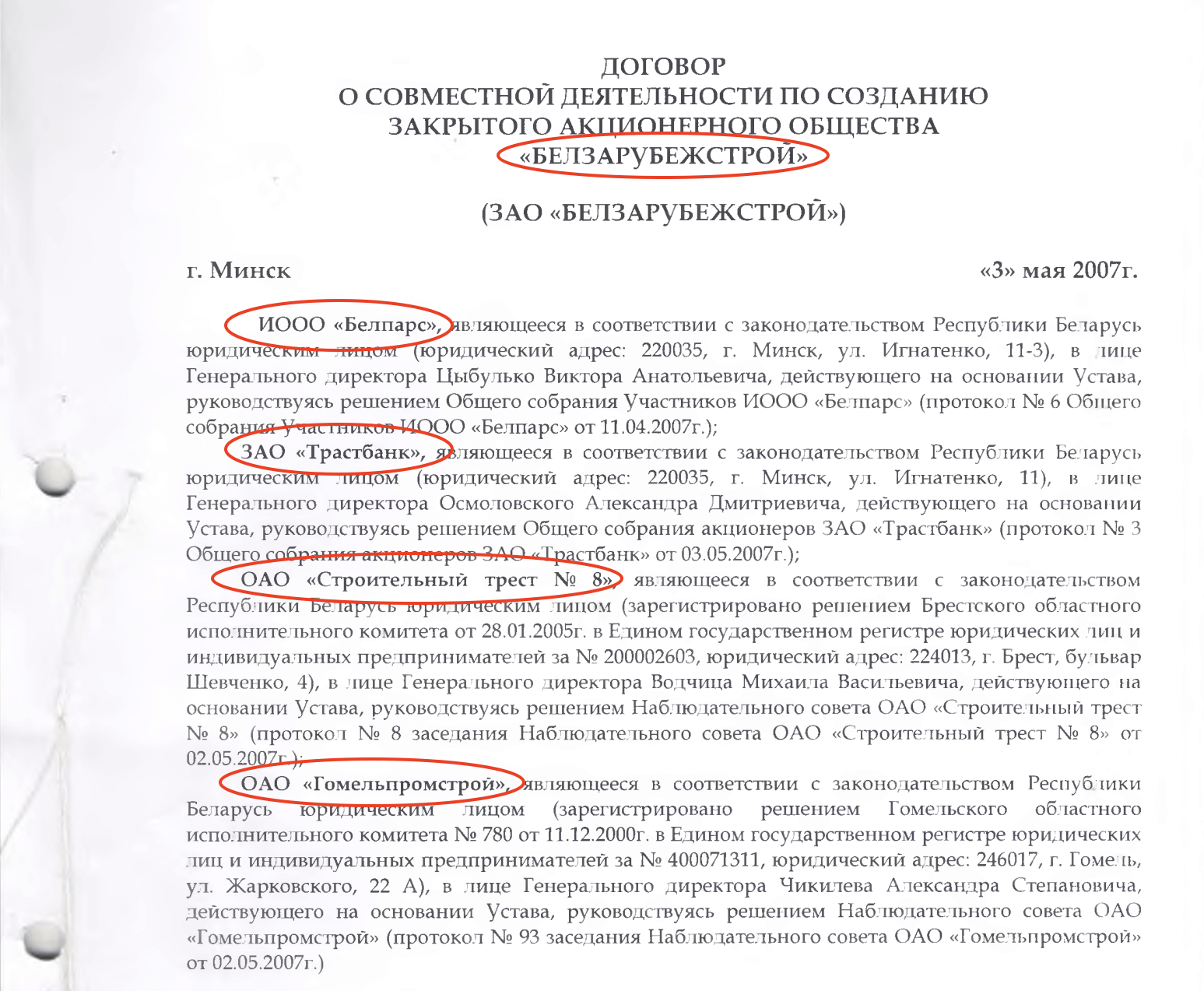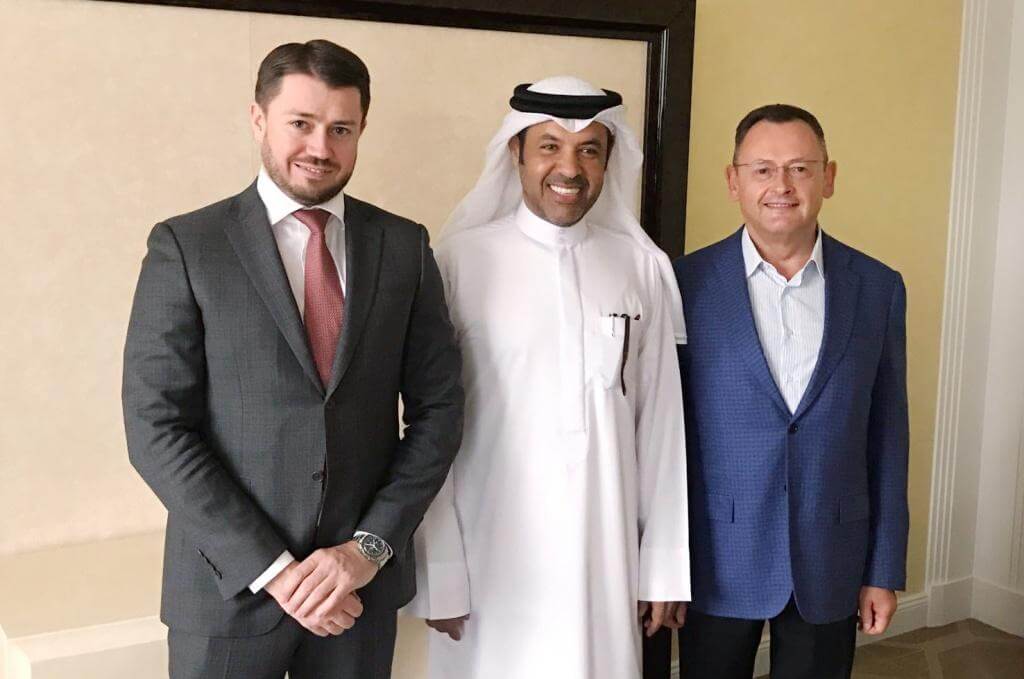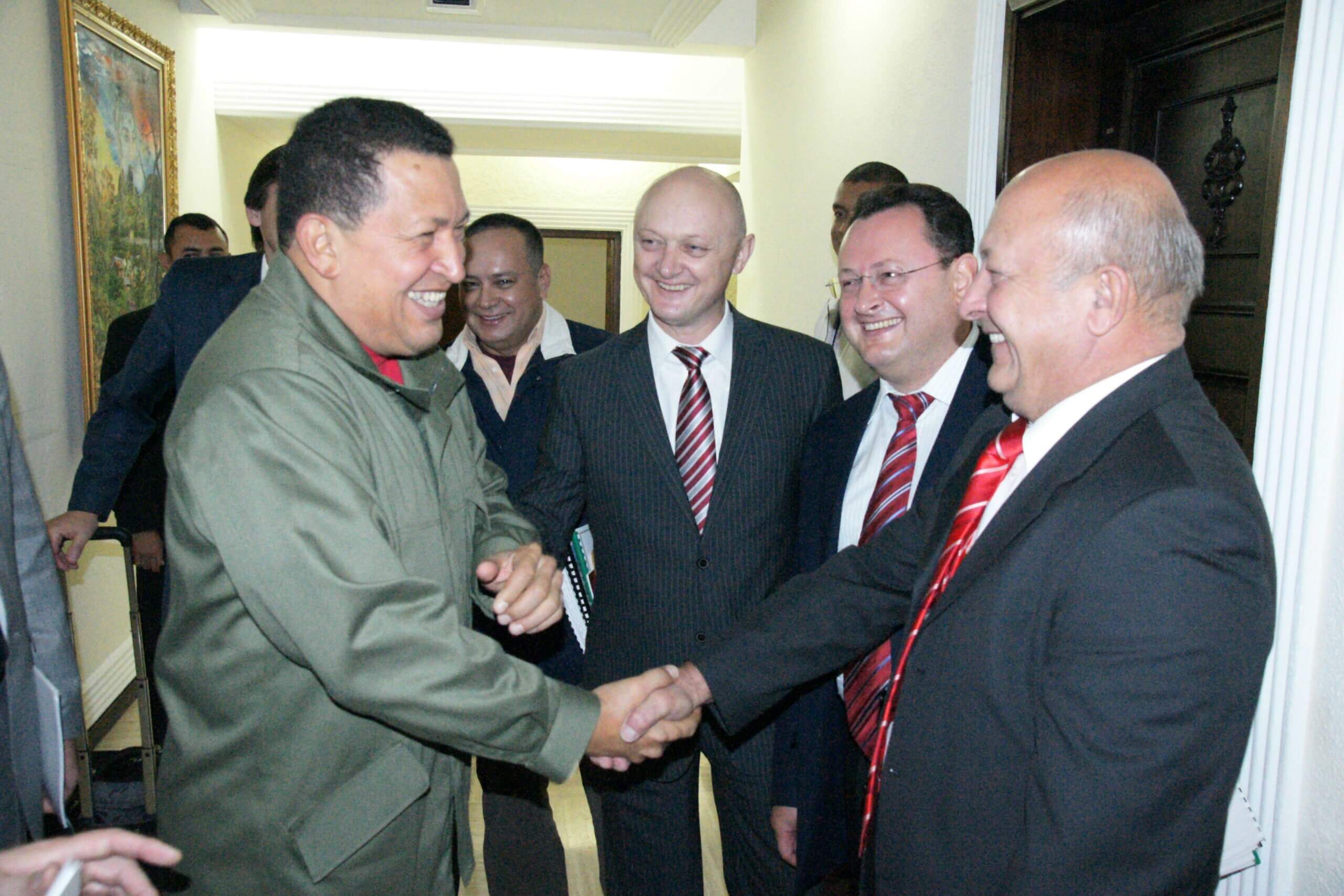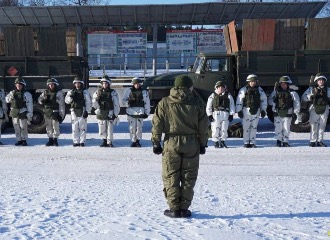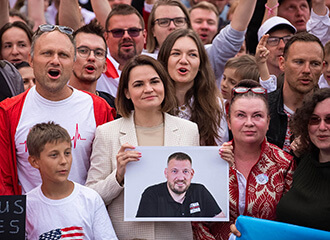На русском языке:
Лукашенко должен Венесуэле $1,5 млрд. за нефть, полученную 10 лет назад, — БРЦ
На беларускай мове:
БРЦ: Лукашэнка вінны Венесуэле $1,5 млрд. за нафту, атрыманую 10 гадоў таму
The Belarusian Investigative Center together with the Venezuelan publication Armando.Info and OCCRP published an investigation about the Belarus-Venezuelan relations and found documents proving that Belarus owes Venezuela almost $1.5 billion for Venezuelan oil, which Minsk received more than 10 years ago, but has not yet paid the entire amount.
The full version of the BIC investigation is available here
From the documents dated September 2015, which were prepared for a session with the Belarusian Prime Minister, it turns out that Minsk was not going to return the money to Venezuela at all and decided «to treat the debt as aid provided by the Bolivarian Republic of Venezuela, rather than Belarusian liability”.
Fragment from the 2015 document / BIC
We are talking about 9 million tons of oil, which Venezuela delivered to Belarus in 2010-2012 at the height of an «energy war» with Russia in 2010-2013. In total, the contract between the Belarusian Oil Company and Venezuela’s PDVSA contains a volume of 30 million tons of oil.
A contract for oil delivery to Belarus / BIC
According to the documents, the calculation was based on the scheme 80/20 — 80% of the cost of oil was paid by BOC to PDVSA within 35 days from the date of the consignment note, the remaining 20% «was accrued as an obligation of the buyer to the seller.»
«Roughly speaking, Belarus received a discount on Venezuelan oil by promising to pay one-fifth of the price later, but never did so,» BIC notes.
It’s also interesting that Venezuelan oil was delivered to Belarus under the guise of Azerbaijani oil. To reduce costs, in its ports, the Venezuelan company PDVSA sold Santa Barbara oil to the Azerbaijani company SOCAR, and instead of Santa Barbara, the Azerbaijani Azeri Light oil was delivered to the Belarusian refineries.
The issue of debt repayment kept coming up after the end of deliveries / BIC
But after the warming of relations with Russia, oil supplies from Latin America stopped, but the debt remained, the same 20% — $1 440 022 000. Moreover, according to BIC, negotiations on Minsk’s payment to Caracas are still going on.
The investigators also decided to ask Mikhail Kostechko, the general director of the Belarusian Oil Company, if they are going to pay the debt to Venezuela. He answered that he didn’t know at all what kind of debt they were talking about.
But oil is not the only subject of relations
For example, the Lukashenka regime made more than $270 million by selling MTZ tractors to Venezuela, but the nuance is that they went to Caracas 2-3 times more expensive than to the neighboring Latin American countries: while Cuba, Nicaragua and El Salvador bought a Belarusian tractor for $15,000 — 17,000 in 2011, Venezuela paid $45,000. That’s the «friendship.»
Also, in the 2010s, plants were built in Venezuela to assemble MAZ and MTZ tractors for sale on the local market and to neighboring countries, but, as journalists found out, their fate was not good. In 2017, the plants suspended their work, and over the next 5 years, only about 3,000 tractors were assembled. The situation was similar at the truck assembly plant.
MAZ truck assembly plant in Venezuela / BIC
At the end of 2022, the journalists went to these plants and found that they were not working at all.
There was also a project of housing construction in Venezuela, for example, the construction of 10 thousand apartments in the Fuerte Tiuna district in Caracas was estimated at $750 million. But as soon as Venezuela stopped paying, the construction stopped. As a result, in 15 years, the Belarusians have built only 8 thousand apartments of the planned 20 thousand — only one out of three residential complexes has been put into operation, and not in Caracas, but in the city of Maracay and its vicinity.
But it was not only the regime that profited directly from Venezuela.
According to the BIC, both plants and housing in Venezuela were built by the company Belzarubezhstroy, which was established in 2007, and it was founded by four companies: two state-run (Gomelpromstroy and Stroitelny Trest No. 8) and two private (Belpars and Trustbank).
Agreement on the establisihment of Belzarubezhstroy / BIC
A month after the establishment of this company, on July 9, 2007, a government delegation from Belarus with Deputy Prime Minister Vladimir Semashko, head of the Security Council Viktor Sheiman, who supervised the Belarusian projects in Venezuela, and businessman Viktar Shautsou went to Caracas.
«He became one of the beneficiaries of Belarusian projects in Venezuela. At that time, Shautsou was the key owner of Trustbank (now it’s called Bank Resheniye — ed.) and the chairman of the board of directors of Belzarubezhstroy. Another private company shareholder with a 39% stake in Belzarubezhstroy was Belpars, a subsidiary of the Iranian holding Kayson, founded by businessman Mohammadreza Ansari,» BIC reports.
Later, 39% of Belzarubezhstroy’s shares were taken over by the UAE company Alm Investments, behind which was Shautsou’s longtime partner, UAE resident Sultan Mohammed Ahmad Alzaraim Al Suwaidi.
Viktar Shautsou (right) and Mohammed Ahmad Alzaraim Al Suwaidi (center) / BIC
According to estimates by BIC, Belzarubezhstroy has completed projects in Venezuela worth at least $500,000,000. The company built houses and plants in Venezuela, including those that Lukashenka signed contracts to build during his visits to Caracas.
Shautsou also frequently travelled with Belarusian officials: two flights with Viktor Sheiman, four with Vladimir Semashko, and more than 20 with at the time deputy minister and later minister of architecture and construction Anatol Nichkasau.
The journalists called the latter in order to find out whether Belarusian officials lobbied for Viktar Shautsou’s interests in Venezuela, and this is what he said:
“Why are you asking me about another person? I know what the ministry was doing, what I was doing. And you say I was traveling. I wasn’t travelling. I was on a government mission to organise construction in Venezuela. That was our interstate obligation,” Nichkasov said.
Hugo Chavez (left) and Viktar Shautsou (second from right) / BIC
It should also be mentioned that in 2004, the Infobank founded by Shevtsov (later Trustbank and then Bank Resheniye — ed.) came under U.S. restrictions on suspicion of laundering money for Saddam Hussein‘s regime. The funds were earned in transactions circumventing the UN Oil-for-Food program.
In October 2011, he was detained by the KGB on suspicion of grand theft in a case related to housing construction in Venezuela. Belzarubezhstroy was suspected of ties with a mafia engaged in iron smuggling. Shautsou was released in 2012, he has a large cottage in the Drazdy estate and a four-bedroom flat in the center of Minsk. However, as BIC found out, he left Belarus.

